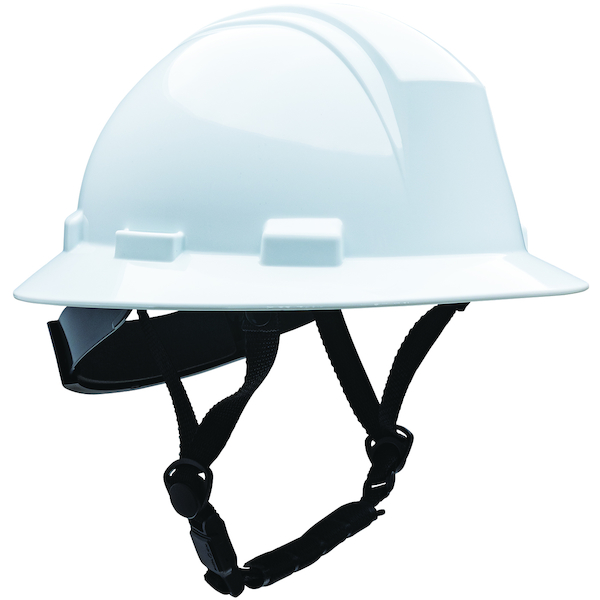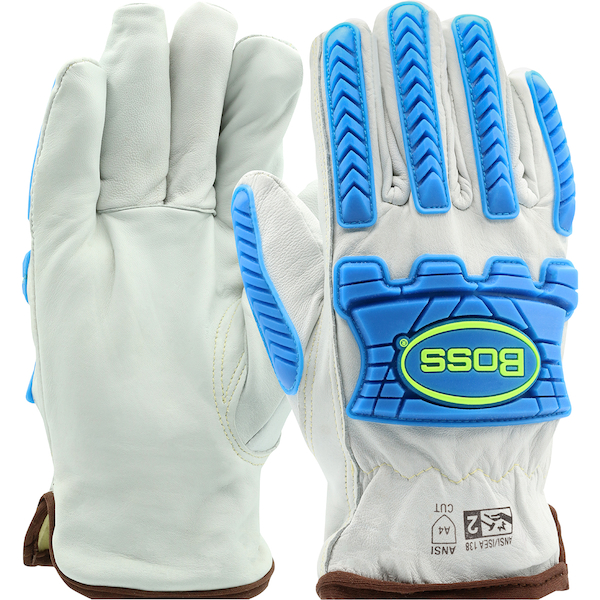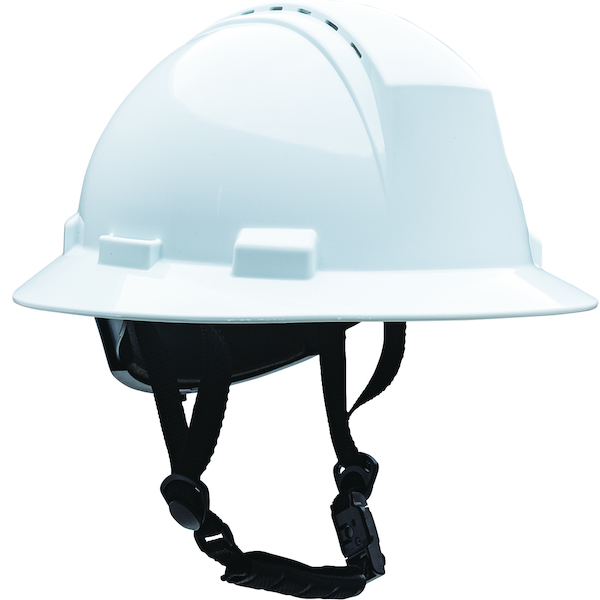
-
 General Purpose Gloves - CoatedMaxiFlex® Ultimate™34-874
General Purpose Gloves - CoatedMaxiFlex® Ultimate™34-874
-
 Cut Resistant GlovesMaxiFlex® Cut™34-8743
Cut Resistant GlovesMaxiFlex® Cut™34-8743
-
 Safety HelmetsTraverse™280-HP1491RVM
Safety HelmetsTraverse™280-HP1491RVM
-
 Safety HelmetsKilimanjaro™280-HP642R-CH
Safety HelmetsKilimanjaro™280-HP642R-CH
-
 Arc Protection KitsPIP®9150-52436
Arc Protection KitsPIP®9150-52436
-
 Safety HelmetsTraverse™280-HP1491RM
Safety HelmetsTraverse™280-HP1491RM
-
 Cold Protection GlovesG-Tek® PolyKor®41-8035
Cold Protection GlovesG-Tek® PolyKor®41-8035
-
 High Performance GlovesBoss®9120
High Performance GlovesBoss®9120
-
 Safety HelmetsKilimanjaro™280-HP642RV-CH
Safety HelmetsKilimanjaro™280-HP642RV-CH
-
 Extended Use Disposable GlovesGrippaz™ Skins67-246
Extended Use Disposable GlovesGrippaz™ Skins67-246
-
 AccessoriesTraverse™251-HP1491B
AccessoriesTraverse™251-HP1491B
-
 AccessoriesTraverse™251-HP1491B
AccessoriesTraverse™251-HP1491B


































































